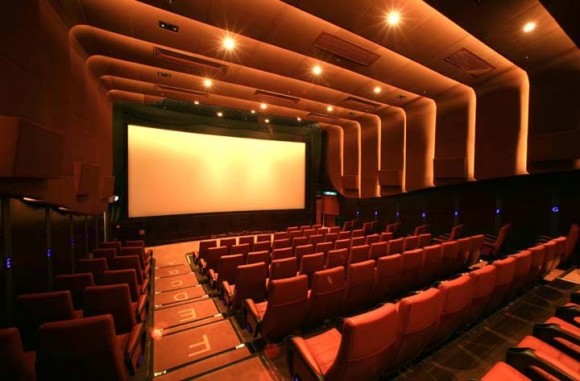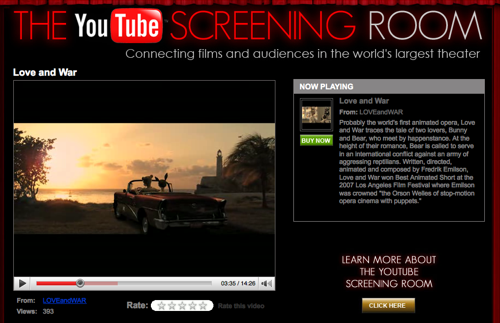At a recent talk at the USC School of Cinematic Arts, George Lucas and Stephen Spielberg made some interesting predictions about the future of the film industry. In a nutshell, they both agreed that some major changes are coming to the box office, culminating in an implosion that will forever change the face of filmmaking.
The crux of their argument is rooted in something that no filmmaker should see as a surprise: Hollywood is risk-averse, and the channels for entry are growing ever narrower. In other words, small, thoughtful, avant garde or experimental movies are hard to make and even harder to distribute, while multi-million-dollar action films tend to be a safer bet – unless, of course, they flop.
Heavy Words From Industry Giants
The surprising thing about this talk wasn’t its message, but the speaker. Lucas and Spielberg aren’t exactly known for their thoughtful, introspective movies. Lincoln gave Spielberg a glimpse of the struggle that other filmmakers have experienced for years – he mentions in his USC talk that the movie was almost sold through HBO rather than released on the big screen.
George Lucas, too, lamented the high cost of making movies and the way that all films need to be mass-marketed rather than targeted to niche audiences – again, hardly a surprise for most of us, but who can fault a pair of blockbuster tycoons for being late to the party?
That’s not to say their passion for indie (or avant garde) film isn’t genuine, of course – both have freely given guest lectures on the topic to students at a film school in NYC – but while their concern for the future of the industry feels a little disingenuous, it might not be wholly inaccurate.
A Question of Sustainability
As studios demand ever-bigger spectacles, quieter movies will fall by the wayside or find alternate paths to viewers. Eventually, this path will be unsustainable as several big-ticket, high-budget films begin to bomb. After driving away all of the competition, the theory goes, a handful of huge movies will dominate the market – and it’s possible that no one will then bother to go see them.

Or, as Lucas predicts, maybe the box office will start to work more like live theatre, with headlining acts charging higher ticket prices and lasting for longer runs while chancier films are cheaper and last just a few weeks. Even then, though, the model might not be sustainable. The cost of creating a mega blockbuster is simply too high to hope to recover on every release, and focusing too much attention on these huge films could lead to the entire industry imploding on itself.
The question is, what would the movie industry look like after such a cataclysmic event? And, more importantly, would such an implosion be such a bad thing?
First, it’s not entirely fair to suggest that only big-ticket movies ever get produced and distributed to major theaters. Of course, the pickings seem a bit bleak throughout the summer months when glossy high-budget action movies are the trend du jour, but there’s always room for commercially successful, critically acclaimed thoughtful films. Lincoln, for its part, grossed a commendable $275 million, and this year’s The Great Gatsby currently sits in the top 10 highest-grossing films for 2013. So while the experimental film might be suffering, reports of its death are highly exaggerated.
Not All Doom and Gloom
But even assuming that quiet films can’t find a home in theaters, the fact is that there are more distribution channels available than ever before. People haven’t stopped wanting to watch great stories; they’ve just changed the way they consume them. The Internet, the great equalizer, has made it easy to sell movies directly to the audience that will most appreciate them. Filmmakers can distribute their movies through Netflix, Crackle, IndieFlix, and many other platforms. Crowdfunding has also become a very viable option for securing distribution funds, and even YouTube has shown worth as a film hosting platform.

And, of course, there’s premium television. Cable programming is free of many of the restrictions placed on films, and it allows its creators to develop more avant garde long-form stories than could ever be possible on the big screen. With so many audience members choosing to stay home and consume this media at their leisure, is it any wonder that they’re foregoing the pricier, crowded movie theater experience?
Spielberg and Lucas are right about one thing: The current Hollywood model is unsustainable. But that’s something to celebrate, not mourn. Whenever one giant falls, it can be replaced by a nimbler, more dynamic system. Ultimately, the death of the current system would be a boon to any aspiring filmmaker looking to find an audience.






